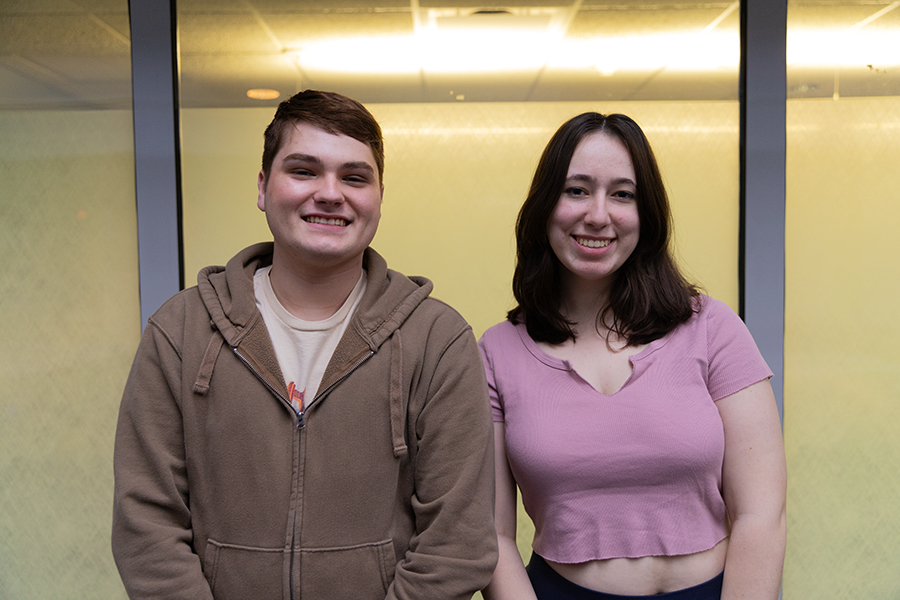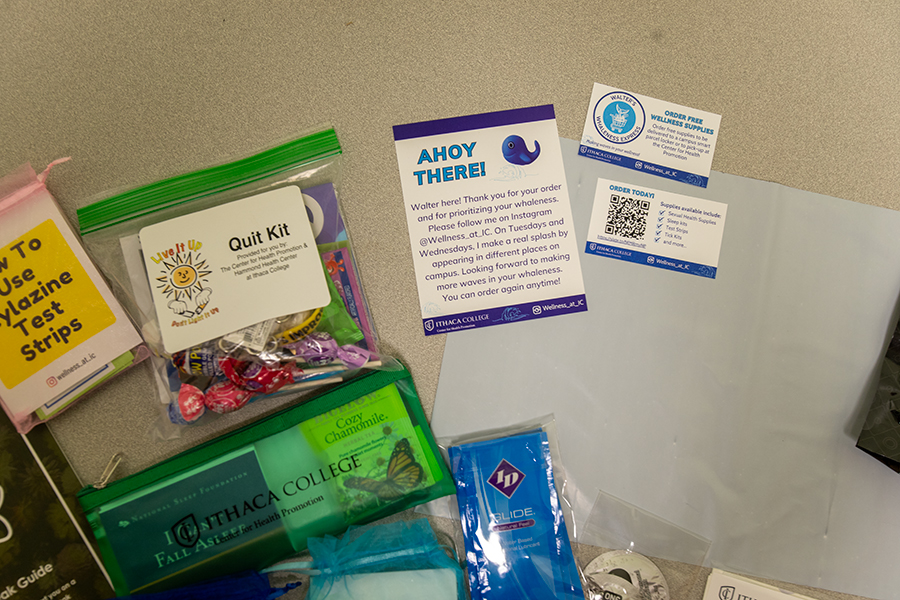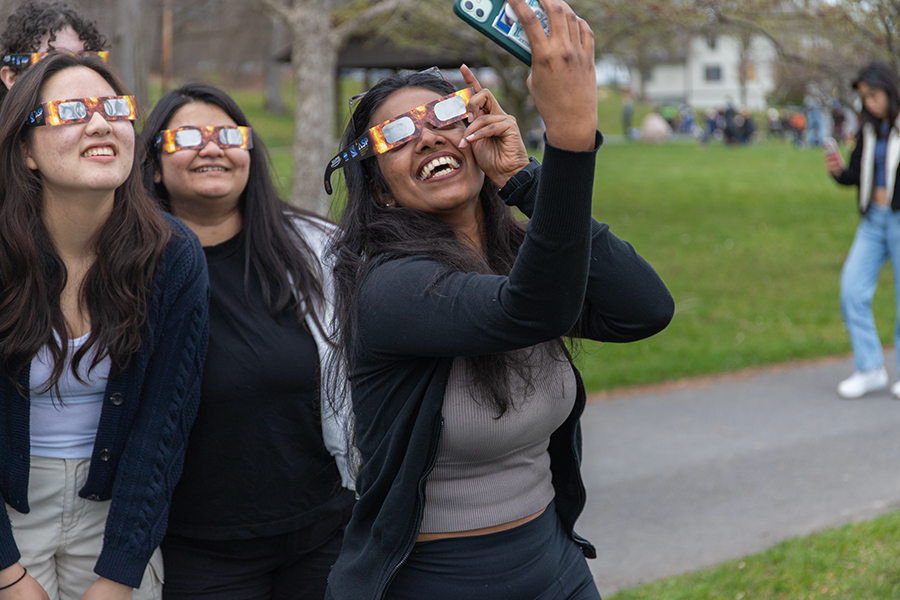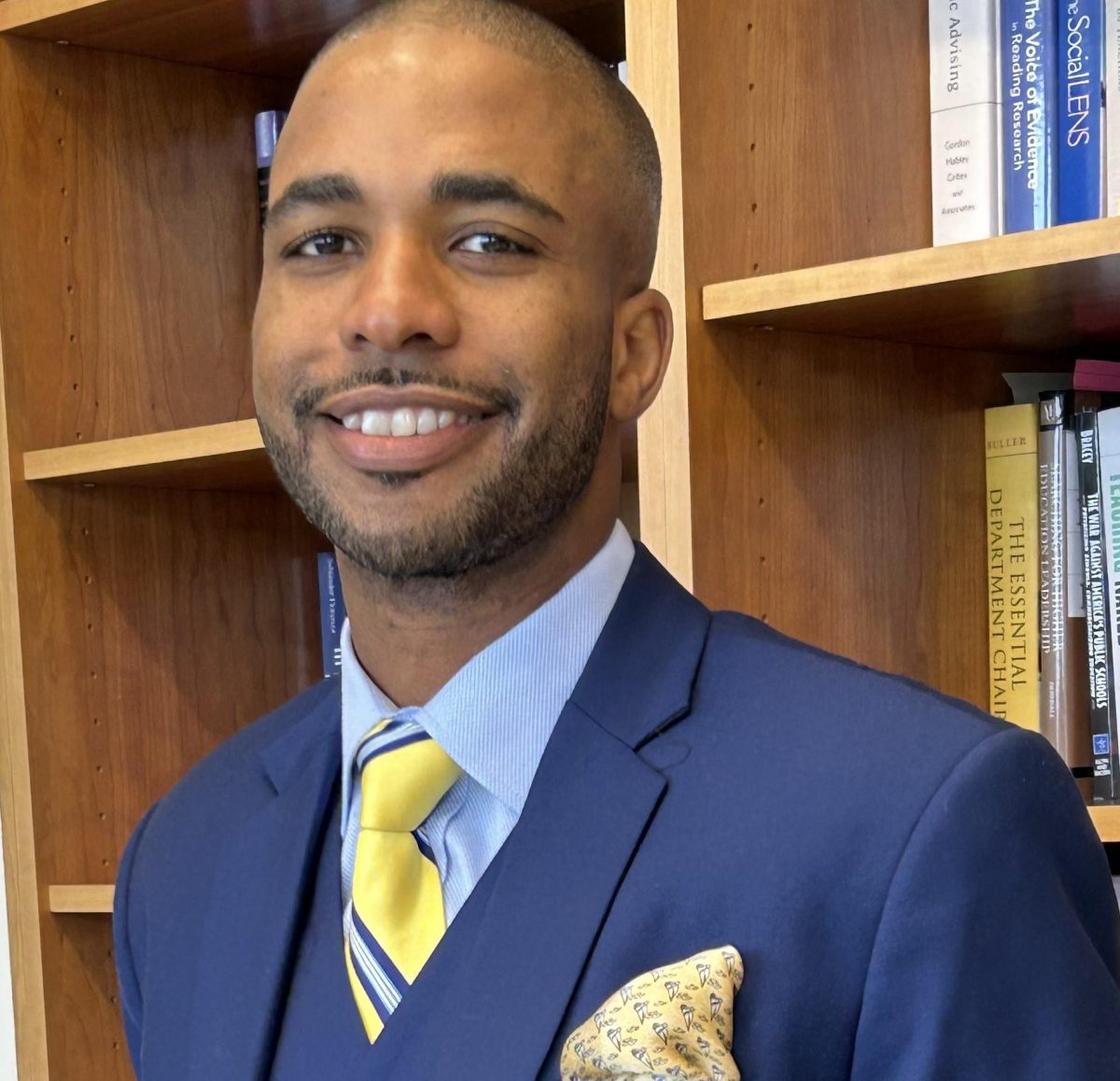Katherine Beissner, a physical therapy professor at Ithaca College, and her research group were recently granted $1.5 million to research pain treatment in older patients.

The grant, given by the Agency for Healthcare Quality and Research, will help Beissner’s project team test the effectiveness of pain-centered physical therapy that she developed with Cornell University doctor Manny C. Reid. The project, titled “Treating Pain to Reduce Disability Among Older Home Health Patients,” will be spread among more patients in New York City. It aims to treat pain in older adults through physical and mental rehabilitation.
Staff Writer Patrick Feeney spoke to Beissner about her work and how the grant will further her team’s research in the fields of physical therapy and pain management.
Patrick Feeney: How did the project begin?
Katherine Beissner: Pain is a problem Reid sees as a physician and I see as a physical therapist that’s not easily resolved, no matter how many drugs you give a person. Even if they get some results with those drugs, there’s still disability associated with it, and sometimes physical therapy alone is not enough. However, psychotherapists and mental health professionals are not readily available to older adults. There’s also a stigma sometimes that they don’t want to access that kind of treatment. What we wanted to do was develop something that would integrate the psychological and social aspects of pain treatment into something that is accessible to older adults.
We’re having physical therapists incorporate some teaching of coping strategies and self-management strategies to adults in the home setting, in addition to doing their physical therapy treatments.
PF: How will the $1.5 million aid in research?
KB: What we did before was small. We trained three groups of physical therapists in treatment techniques. They implemented it with fewer than 30 patients. We’re going to be reaching 500 patients, but we’ll actually be looking at a total of 1,000 patients in the five boroughs.
PF: What goals are you trying to achieve with the research?
KB: The prior research really looked at whether or not physical therapists could deliver the program accurately and efficiently in the home care setting and whether patients found the program acceptable to them. What we need to do next is see whether or not it actually does decrease their pain and increase their functional abilities afterwards.
PF: Before physical therapy was applied to home care, what would patients do?
KB: They would do just normal physical therapy. Usual physical therapy treatment for a patient who, say, has a total knee replacement, would not focus on the pain. The focus would be on the function, doing exercises, and we would address the pain only if it was really limiting. Now what we’re going to do is directly address the pain, just really drawing attention to it, having patients focus on it and thinking about the pain in the ways they’re going to be responsible for dealing with it.
PF: Are there plans for expansion?
KB: Home care is a natural first setting for us, but we’re also looking into physical therapy in outpatient settings.






